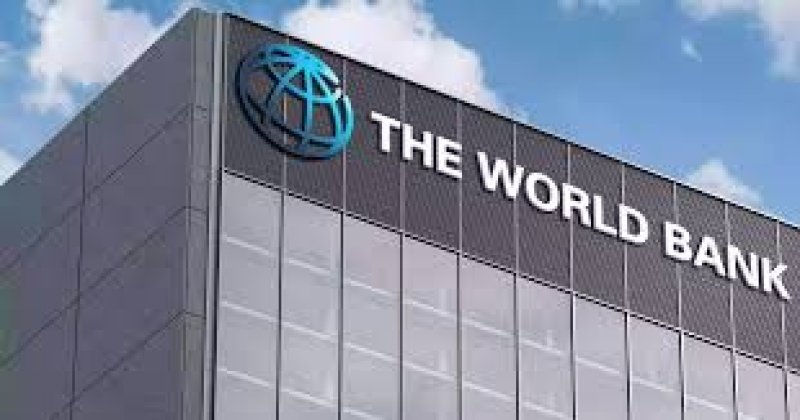- India Sees 9% Drop in Foreign Tourists as Bangladesh Visits Plunge |
- Dhaka Urges Restraint in Pakistan-Afghan War |
- Guterres Urges Action on Safe Migration Pact |
- OpenAI Raises $110B in Amazon-Led Funding |
- Puppet show enchants Children as Boi Mela comes alive on day 2 |
WB approves over $1B for projects in Lebanon, Syria and Iraq

The World Bank said Wednesday it approved over $1 billion dollars for infrastructure and reconstruction projects in Iraq, Syria and Lebanon.
The biggest amount went to Iraq, where the World Bank approved $930 million to help improve the country’s railway infrastructure, boost domestic trade, create jobs and diversify the economy.
The World Bank said the Iraq Railways Extension and Modernization Project will improve services and increase freight capacity between the Umm Qasr Port on the Persian gulf in southern Iraq to the northern city of Mosul.
“As Iraq shifts from reconstruction to development, enhanced trade and connectivity can stimulate growth, create jobs, and reduce oil dependency," said Jean-Christophe Carret, director of the World Bank's Middle East division.
The World Bank also approved for war-torn Syria a $146 million grant to help restore reliable, affordable electricity and support the country’s economic recovery. It said the Syria Electricity Emergency Project will rehabilitate damaged transmission lines and transformer substations.
Last month Syria signed an agreement with a consortium of Qatari, Turkish and US companies for the development of a 5,000-megawatt energy project to revitalize much of its war-battered electricity grid.
For Lebanon, which is recovering from the 14-month Israel-Hezbollah war, the World Bank approved $250 million to support the most urgent repair and reconstruction of damaged critical public infrastructure and lifeline services, reports UNB.

